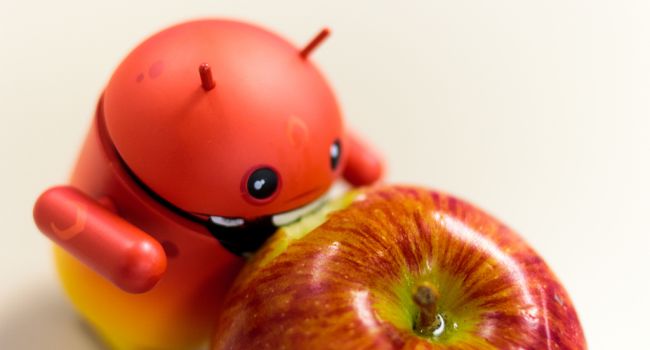Hisense is making a deliberate play for South Africa’s growing gaming and hybrid-work audience with the launch of its latest monitor lineup, led by…
Eric Schmidt posts how-to guide for migrating from iPhone to Android


Android or iOS? Which is your poison? If you’re like Google chairman Eric Schmidt’s “friend” — an iPhone user looking for a change — you’ll find this step-by-step migrating for dummies guide very helpful. Schmidt guides us through this stressful platform migration from iPhone to Android and comes just in time before Christmas and at a time when 80% of the world apparently “agrees” on Android.
Here’s Schmidt’s guide for swapping on his Google+ page.
We’ve also recently taken a look at easy ways to move from Apple to Android.
This being a beginner’s guide to switching mobile operating systems, Schmidt walks us through how to sync and import all your iContacts, iPhotos and iMusic to finding the right apps and creating a new Gmail account.
Schmidt argues that this ultimate switcheroo would go down well when picking up high-end devices such as the Samsung Galaxy S4, Motorola Droid Ultra and the latest Nexus 5 — they all have better screens, are faster and have a much more intuitive interface after all (*wink*). “They are a great Christmas present to an iPhone user!” argues Apple’s former board of directors.
Schmidt concludes saying that we should all be sure to use Chrome and not Safari because “its safer and better in so many ways.” While some of Schmidt’s statements might be a bit tongue-in-cheek such as “many of my friends” are converting to Android from iPhone, he is known to raise some eyebrows once in a while when making public appearances.
Most notably and somewhat controversially, Schmidt said at a Gartner Symposium/ITxpo event last month touting that Android is “more secure than the iPhone.” This, was apparently followed by laughter from the crowd.
While Android, like Apple’s OS, has its perks and pitfalls, one of the biggest reasons people migrate to Google’s mobile OS is because it’s more open. Developing an app for an open marketplace like Google Play, for instance, is a lot easier than it is on Apple’s. This could of course mean more apps for Android but it also means that there are many more unregulated content.

